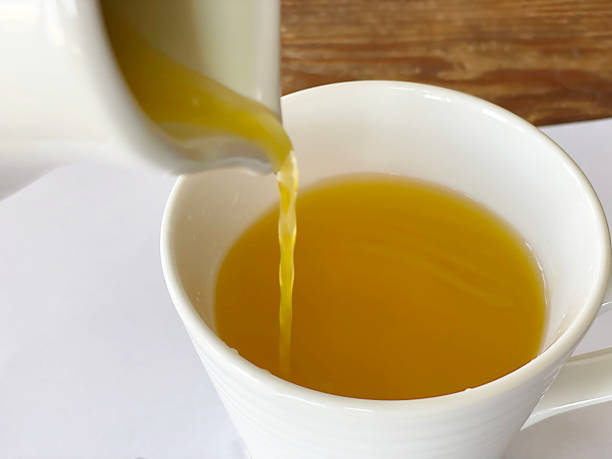Taking Charge of Your Health: Effective Strategies to Control Blood Pressure
Embracing a Lifestyle of Wellness to Maintain Healthy Blood Pressure Levels

Yes, the following blog entry discusses controlling blood pressure:
Millions of individuals worldwide suffer with hypertension, commonly known as high blood pressure, which is a latent health hazard. Heart attacks, strokes, and renal failure are among the cardiovascular disorders for which it poses a significant risk. Although blood pressure can be controlled with medication, lifestyle changes are essential for both avoiding and controlling hypertension.
Adopting Nutritional Practices to Manage Blood Pressure

Lower Sodium Consumption: One of the main causes of high blood pressure is sodium. Try to limit your daily sodium intake to no more than 2,300 mg, and preferably, no more than 1,500 mg.
Boost Consumption of Potassium: Potassium can lower blood pressure and aid in balancing the effects of sodium. Eat a diet high in foods high in potassium, such as sweet potatoes, bananas, and leafy green vegetables.
Reduce Trans and Saturated Fats: Hypertension can be caused by trans and saturated fats. Choose fats that are better for you, such as the mono- and polyunsaturated fats in olive oil, avocados, almonds, and seeds.
Select Whole Grains: The high fiber content of whole grains may help reduce blood pressure. Whole grains including brown rice, quinoa, and whole-wheat bread should be substituted for refined grains.
Up Your Consumption of Fruit and Vegetables: Nutrient-rich fruits and vegetables can help reduce blood pressure. Try to consume five servings or more of fruits and vegetables each day.
Including Exercise in Your Daily Routine
Maintaining a healthy weight is crucial for blood pressure control. On most days of the week, try to get in at least 30 minutes of moderate-intensity exercise. Think about exercises like cycling, swimming, jogging, or brisk walking.
Effective Stress Management
High blood pressure can be exacerbated by ongoing stress. Try deep breathing techniques, yoga, meditation, or time spent in nature as beneficial stress-reduction strategies.
Timely Surveillance and Expert Counseling
Check your blood pressure frequently, either at home or at the doctor's office. Keep a blood pressure journal to monitor your improvement and spot any trends. Discuss your blood pressure management strategy with your doctor on a regular basis, and make any necessary adjustments.
More Lifestyle Suggestions to Lower Blood Pressure

Reduce Alcohol Intake: Drinking too much alcohol can cause blood pressure to rise. If you consume alcohol, do so sparingly.
Stop Smoking: One of the main risk factors for hypertension and other cardiovascular disorders is smoking. Reducing tobacco use substantially lowers the chance of these health issues.
Retain an Appropriate Weight: An additional factor in high blood pressure is excess weight. If you are overweight or obese, try to reduce weight or reach a healthy weight.
Make Time for Sleep: For blood pressure regulation and general health, getting enough sleep is essential. Aim for seven to eight hours of good sleep every night.
**Keep in mind that managing blood pressure is an ongoing process, not an instant solution.** You can successfully control your blood pressure, lower your risk of cardiovascular illnesses, and have a happier, more enjoyable life by implementing these lifestyle changes into your everyday routine.












































































































































































































